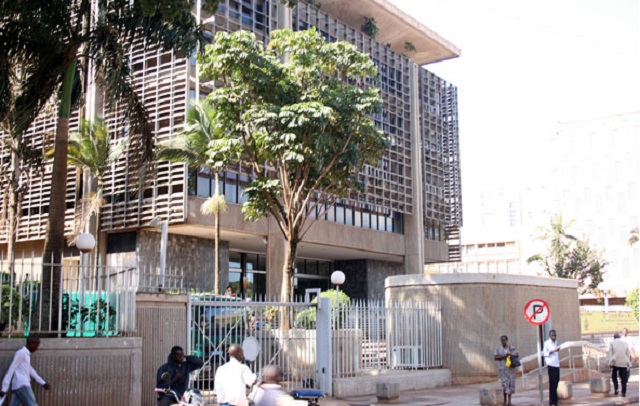
However, over the last few months, fights amongst key staff, with the board, the Finance Ministry, the Inspectorate of Government and even parliament, have mounted debilitating pressure onto Mutebile’s leadership and the reputation of the central bank.
Mutebile has said that BoU has put in place robust systems that ensure that all its key officers “are all held to the highest possible levels of integrity”. But lately, the claim that individuals of high integrity regulate Uganda’s financial sector has become shaky.
For instance, Mutebile fired Justine Bagyenda, then-executive director Banking Supervision, in a cloud of improper conduct. Then he brought in one Tumubwiine Twinemanzi as a replacement but ran into trouble for alleged non-compliance to BoU recruitment procedures.
Since her sacking, Bagyenda’s bank records have leaked revealing that she allegedly has been holding billions on accounts in local banks. The figure has been flagged as suspicious wealth for a public servant like her.
Ironically, it has emerged that even when Bagyenda represented BoU on the board of the Financial Intelligence Authority (FIA), the same body was investigating her over financial related crimes.
Bagyenda is also at the heart of BoU’s controversial takeover and sale of Crane Bank.
Only two years before its acquisition, Crane Bank had posted profits in the range of Shs50 billion. Many members of the public questioned how BoU could declare such a bank, which was among the four biggest by deposits, to have collapsed overnight.
Even experts such as Joseph Bossa, who worked as BoU’s counsel, said publicly that BoU’s move was baffling.
“How do you explain that a bank, which is ranked as best performing, closes a few years down the road like it has been struck by lightning?” said Bossa, “Someone must have slept on the job.”
Opposition stalwart and legislator Nathan Nandala Mafabi was more brutal. Demanding a full investigation into BoU’s activities, Mafabi said most of the mess in Crane Bank gained immunity due to collusion, corruption, insider trading and fraud that went undetected or was covered up.
The BoU sale of Crane Bank assets to DFCU Bank has also stirred its own controversy.
Sudhir’s lawyers have questioned how the assets of Crane Bank, which they put at Shs1.3 trillion were undervalued before being sold to DFCU for a paltry Shs200 billion, moreover not cash.
In defence of the central bank, Deputy Governor Louis Kasekende, who was at the centre of the transaction has said that BoU did not sell Crane Bank, “because no one would have bought a bank with a negative net worth of this magnitude”.
Kasekende’s claim has been found to run counter to a BoU report that said up to 10 clients had been locked in a vigorous contest to buy Crane Bank.
However, to get to the bottom of the controversy, parliament had ordered the Auditor General (AG) to investigate the manner in which BoU has taken over and sold assets of seven banks since 1993. While the AG was unable to investigate the Crane Bank case, because BoU did not furnish them with the requisite information, they found that BoU had undervalued assets of some of the defunct banks.
 The Independent Uganda: You get the Truth we Pay the Price
The Independent Uganda: You get the Truth we Pay the Price






Why is the independent on Bou’case?(i)is it still the pain of the closure of crane bank and mwenda’s closness to sudhir(ii)incase mutebille’ contract is terminated without any satisfactory reason,he can sue for breach of contract(iii)there are many experienced Ugandans in the finance and banking sector who can replace mutebille.